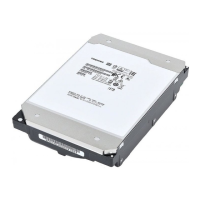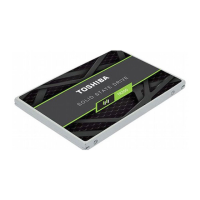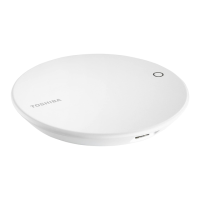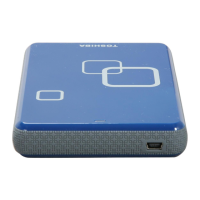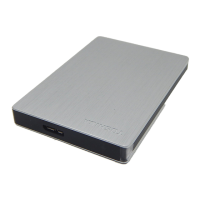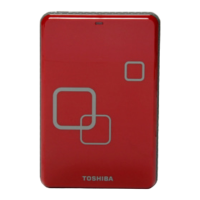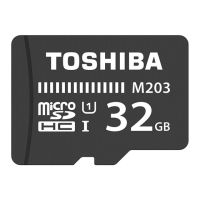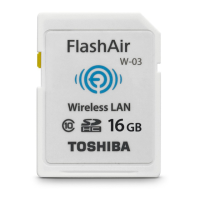- 965 -
4.9.6 Setup for BIO module
The user should connect the TPOS input /output points with the BI and the BO circuits;
subsequently, the TPOS function is able to issue select and operate commands. The user should
execute the following four steps.
i BI connection for status signals
ii BO connection for “select command”
iii BO connection for “operate command”
iv Contact health check
Note that the TPOS01 function commences operation when the scheme switch [TPOS01-EN]
is set to On.
(i) BI connection for status signals
Figure 4.9-55 exemplifies the reception of signals at the TPOS01 function; to acquire the status
signal§, the user should set input-point for the settings [TPOS01-P1NOPSG], [TPOS01-
P2NOPSG], and [TPOS01-P3NOPSG].
†Note: Normally the input-signals (P1, P2, P3) are generated using normally-open
contacts (NOs). If the P1 signal is generated by the normal-closed contact (NC),
the user should set scheme switch [TPOS01- P1NOPSGI] to On in order that the
P1 input-signal is inverted.
§Note: The state signal acquired can be monitored. For more information, see Chapter
Automatic supervision
.
Connection with Binary input circuits
For example, as shown in Figure 4.9-1, suppose three kinds of signals (P1, P2, or P3) are
provided on the first (BI1), second (BI2), and third BI (BI3) circuits at IO#1 slot. In this case,
the user should set three input-points (200B01–8001001110, 8101011110, and 8201021110†)
for the settings [TPOS01-P1NOPSG], [TPOS01-P2NOPSG], and [TPOS01-P3NOPSG].
Signals by Binary input circuits
Signal acquisition logic in TPOS01
“TPOS01_ QLT_SPP”
(513001_8204011F59)
Event suppression detector
BI1, BI2, and BI3 signals desig
nated by settings
[TPOS01-P1NOPSG],
[TPOS01-P2NOPSG],
and [TPOS01-P3NOPSG]
“TPOS01_STATE”
(513001_3104011001)
To select and operate
condition logics
Figure 4.9-55 BI1, BI2 and BI3 signals provided into TPOS01
†Note: The user should set the actual input- points, see Chapter
Technical description:
Binary IO module
.
‡Note: In Figure 4.9-55 two signals can be issued: “TPOS01_STATE” and
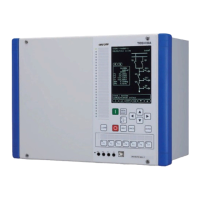
